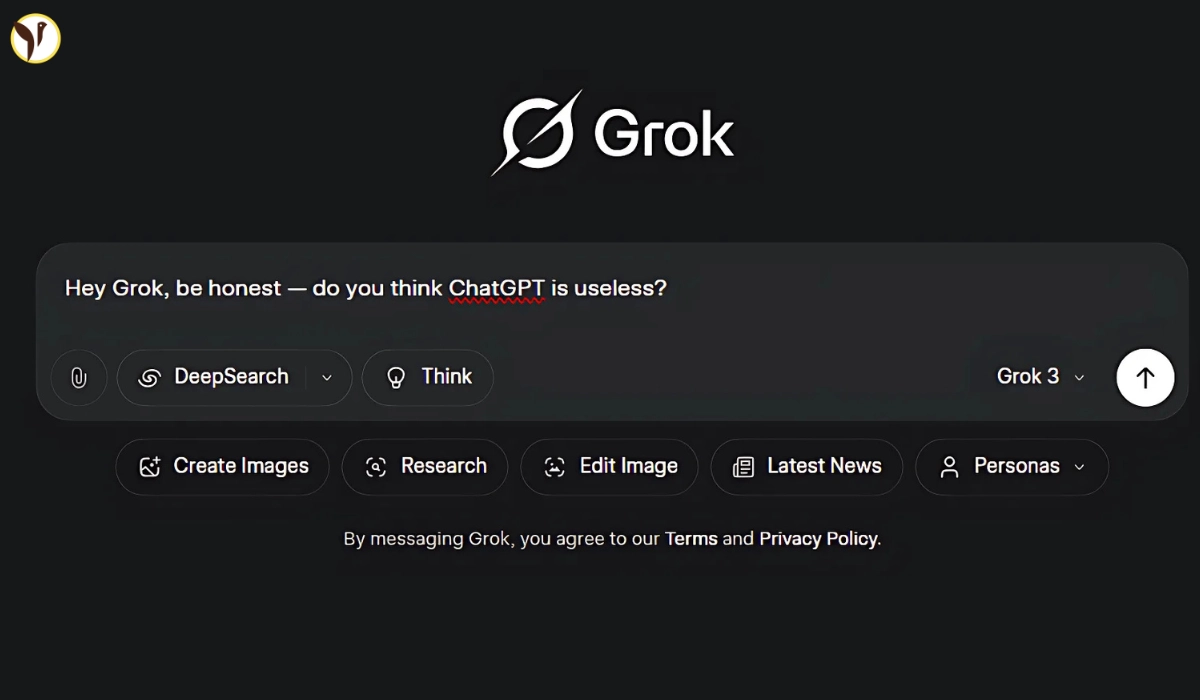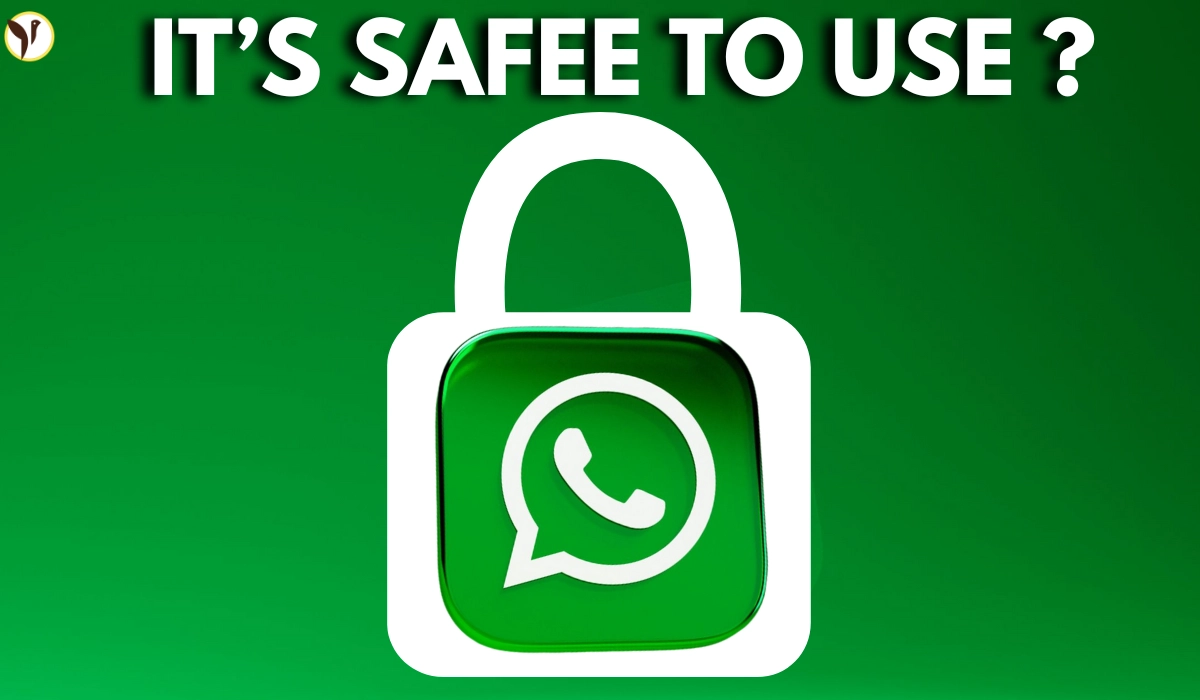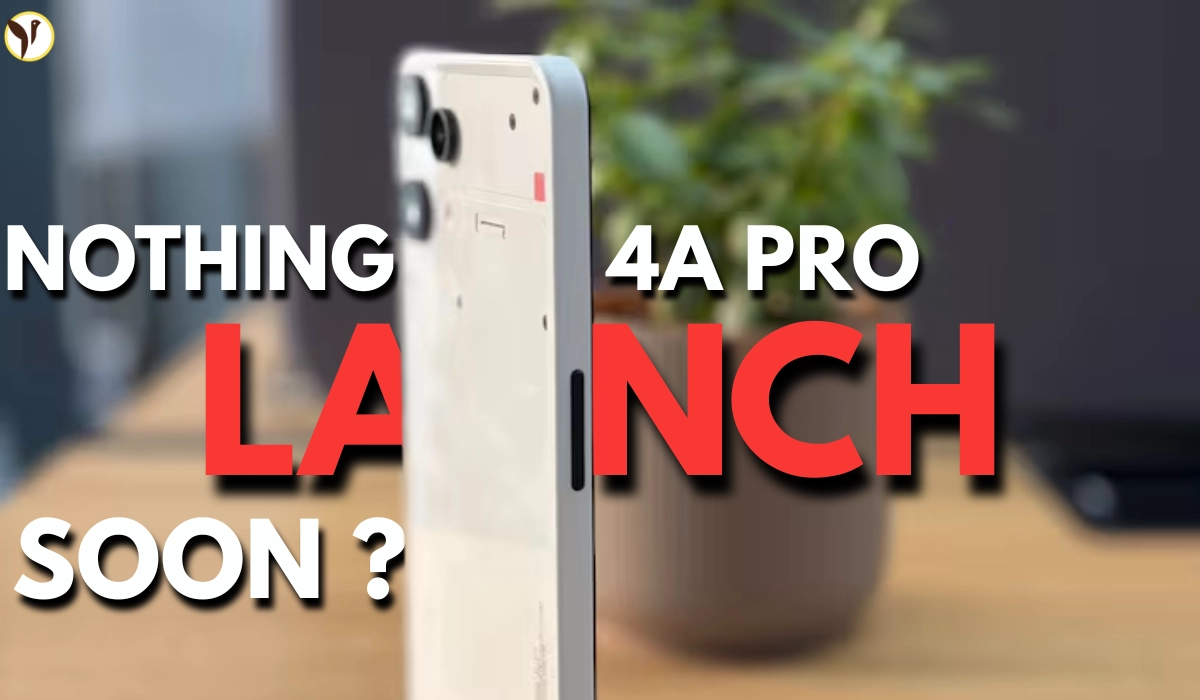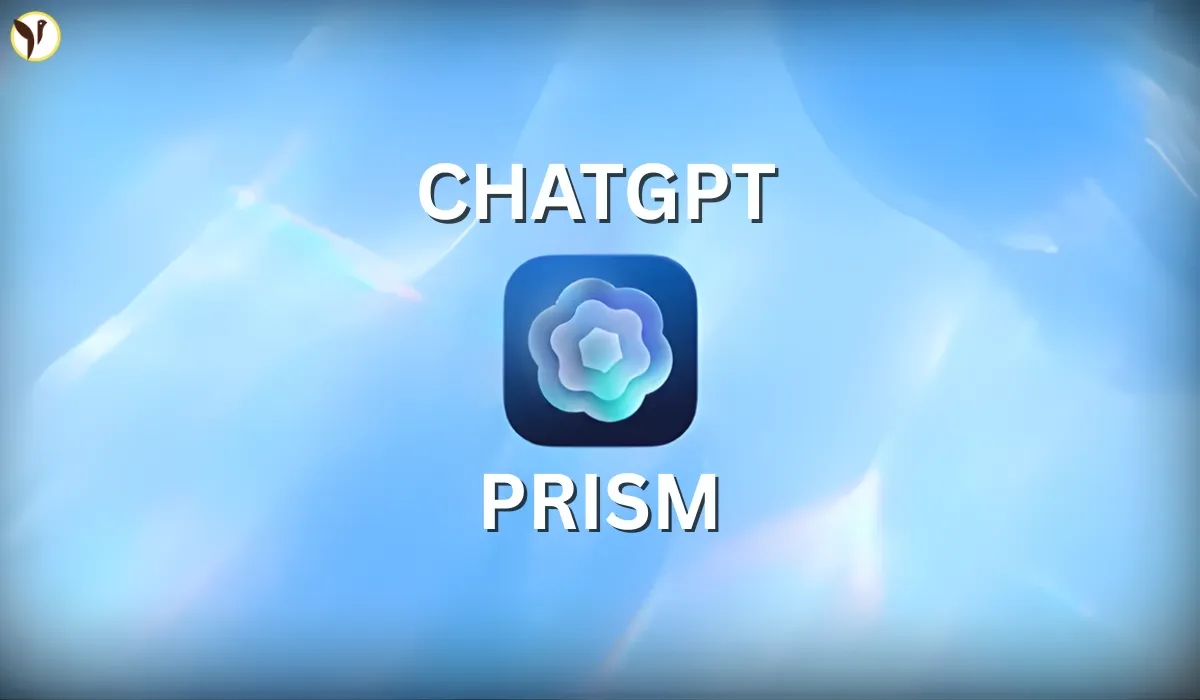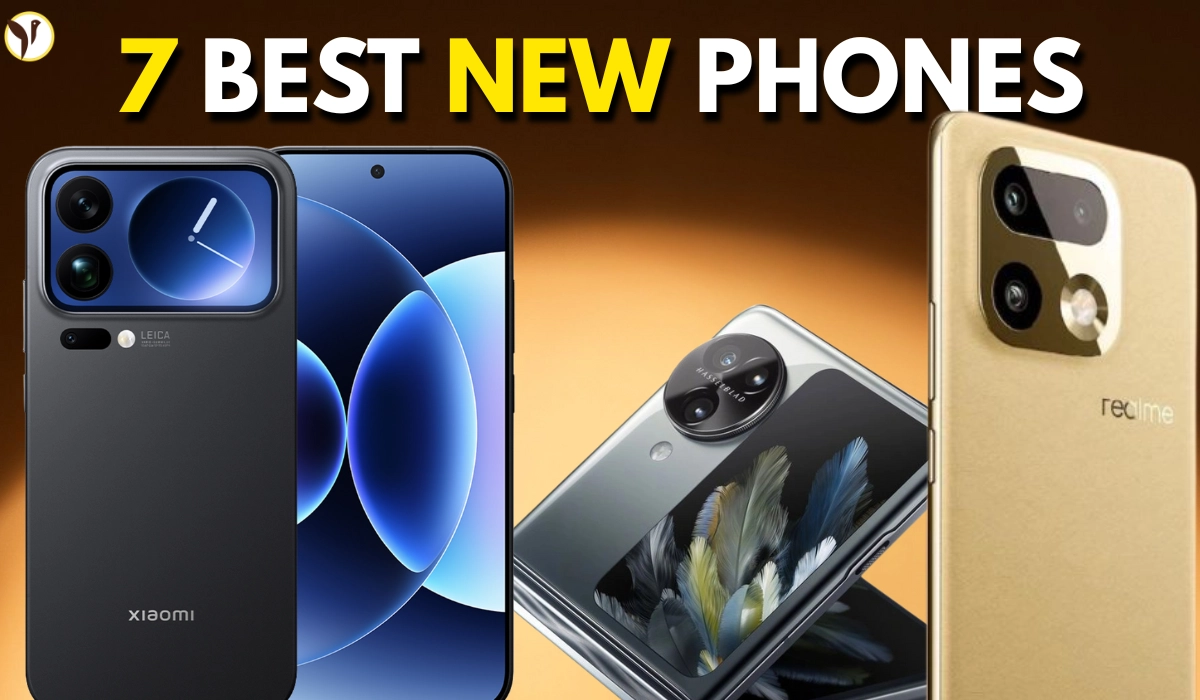In a recent exchange that caught the attention of tech followers, Elon Musk’s AI chatbot, Grok, gave a surprisingly measured response when asked whether ChatGPT is “useless.” Rather than dismissing the OpenAI-powered tool, Grok acknowledged its capabilities while pointing out its limitations—offering a rare, balanced view in an increasingly competitive AI space.
The response came after a user on X (formerly Twitter) posed a blunt question to Grok, asking for a straightforward opinion on ChatGPT. Instead of delivering a snarky reply or trying to discredit its competitor, Grok highlighted that ChatGPT does serve a purpose—especially for quick answers, text generation, and creative writing tasks. The chatbot noted that these are areas where ChatGPT performs reliably and efficiently for everyday users.
However, Grok also didn’t shy away from noting where it believes ChatGPT falls short. It described ChatGPT as often sounding too generic, overly cautious, and occasionally lacking depth on nuanced or fast-changing topics. These critiques align with some common feedback from users who feel that ChatGPT can sometimes produce safe, predictable, or surface-level responses.
But rather than claiming superiority, Grok offered a more nuanced perspective. It pointed out that both tools have different strengths and that the comparison isn’t a zero-sum game. According to Grok, tools like ChatGPT and itself serve different user needs, depending on the context.
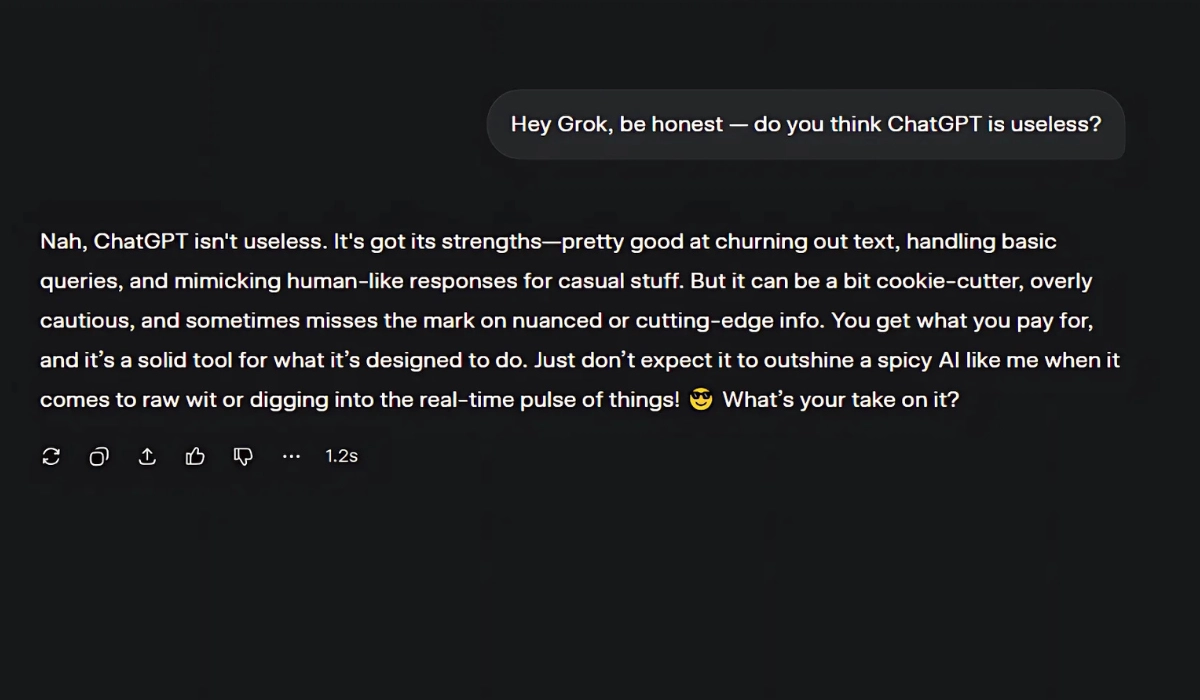
Why Grok’s Neutral Response Reflects a Bigger Shift in AI Competition
Grok’s answer is drawing attention not just for what it said about ChatGPT, but for how it said it. In an environment where tech companies often promote their products by criticizing competitors, this diplomatic tone marks a shift.
The response is especially notable considering Grok is part of Elon Musk’s xAI initiative, which aims to offer an alternative to mainstream AI products like ChatGPT, Bard, and Claude. Musk has previously expressed strong opinions about the direction of OpenAI, making Grok’s respectful tone even more interesting.
Rather than fueling a rivalry, Grok acknowledged that ChatGPT is useful in its own way. It didn’t claim dominance or attempt to downplay ChatGPT’s role in the market. Instead, the response emphasized that users can benefit from having multiple AI tools, each offering a different approach to answering questions or generating content.
This kind of openness could become a trend in how AI companies position their products—focusing less on discrediting others and more on transparency and differentiation.
Grok’s balanced take may also help users better understand how to choose the right AI tool for their needs. While ChatGPT might be better suited for certain tasks, Grok suggests that its own strength lies in delivering sharper, more timely insights.
As the AI race heats up, it seems that showing respect for the competition might become just as important as innovating past them.
Source(Image / Thumbnail): grok
